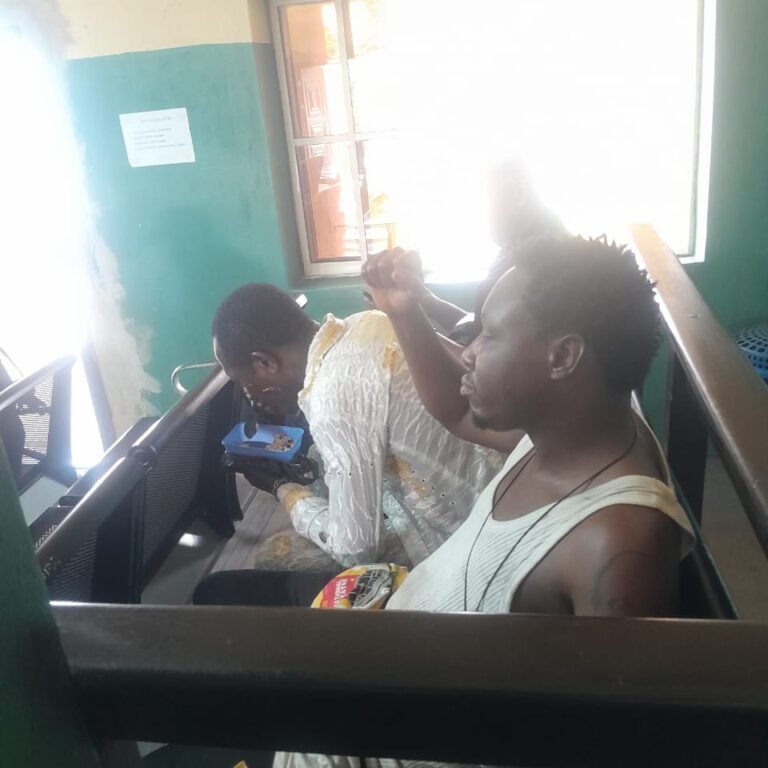
Landmark initiative promises economic revitalization, youth empowerment, and food security
Kaduna, Nigeria — In a decisive move to accelerate Nigeria’s agricultural transformation, Vice President Kashim Shettima on Tuesday led the groundbreaking ceremony for the first phase of the Special Agro-Industrial Processing Zone (SAPZ) in Kaduna State.
The SAPZ initiative is a flagship component of President Bola Ahmed Tinubu’s economic reform agenda, designed to reposition agriculture as a driver of national development. The program aims to boost food security, spur industrialization, generate employment, and reduce poverty through strategic public-private partnerships.
Describing the initiative as a “presidential priority project,” Shettima highlighted its role in tackling the persistent challenges that have hindered Nigeria’s agricultural growth including poor infrastructure, limited market access, and low value addition in the agro sector.
“This is not just a groundbreaking; it’s a breakthrough,” the Vice President declared. “It’s a bold intervention that will rewire our agricultural value chain and restore dignity to rural enterprise.”
Linking Farmers to Markets and Industry
The SAPZs are designed to serve as agro-industrial hubs, integrating smallholder farmers with processors and manufacturers. This approach is expected to minimize post-harvest losses, enhance value addition, and unlock new economic opportunities, particularly in underserved rural communities.
“With the right infrastructure, we transform wasted harvests into export-quality goods,” Shettima stated. “And with the right partnerships, we empower idle youth to become agropreneurs.”
National Vision, Local Impact
Kaduna is among the eight locations selected for the pilot phase of the project, alongside Kano, Kwara, Cross River, Imo, Ogun, Oyo, and the Federal Capital Territory (FCT). Each zone is envisioned as a hub of innovation, attracting both public and private investment while serving as a catalyst for regional development.
“The SAPZs are not isolated interventions they are key pillars of a larger national strategy,” Shettima explained. “We want to feed our people, process our produce, and export excellence.”
Empowering Youth and Creating Jobs
Beyond infrastructure, Shettima emphasized the project’s human impact. Thousands of direct and indirect jobs are expected to be created through the establishment and operation of the zones.
“Nigerian youth are not asking for handouts. They’re seeking opportunities,” he said. “This initiative offers those opportunities—not just in farming, but across logistics, tech, manufacturing, and entrepreneurship.”
A New Dawn for Agriculture
The launch event drew a wide array of stakeholders, including government officials, traditional leaders, development partners, and community representatives. For many, the moment marked a renewed sense of hope in Nigeria’s economic future and the power of inclusive, innovation-driven policies.
As construction begins in Kaduna, anticipation is high that this SAPZ will serve as a model for similar developments across the country ushering in a new era of prosperity rooted in agricultural excellence.
“With this groundbreaking, the seeds of transformation have been planted,” Shettima said. “And with vision, collaboration, and resilience, the harvest will be bountiful—for Kaduna, for Nigeria, and for generations to come.







